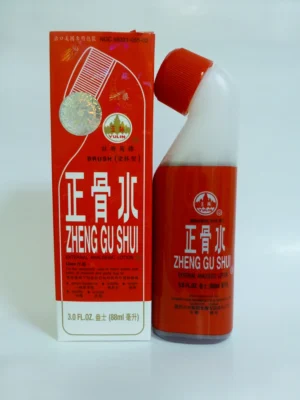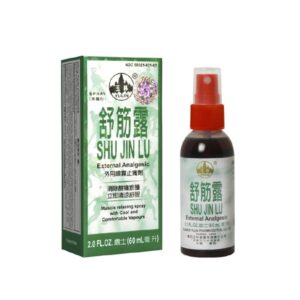Zhang Nao
English Name: camphor
Pharmaceutical Name: Camphora
Medica Category: Substances for Topical Application
Properties: Zhang Nao enters the Heart and Spleen channels; it is acrid in nature, hot in temperature, and considered toxic according to TCM theory.
What is Zhang Nao?:
The Chinese Herb Zhang Nao is camphor, an aromatic resin derived from the camphor tree (Cinnamomum camphora L.), which grows native in mountainous regions south of the Yangtze river and Taiwan (and is now produced commercially in throughout southeast Asia).
Traditional Chinese Medicine (TCM) Therapeutic Actions of Zhang Nao:
Zhang Nao expels wind and dampness and kills parasites and is used topically to address scabies, ringworm, itchy sores, fungal infections, and burns.
Zhang Nao invigorates the blood and alleviates pain and is used topically in cases of trauma to address the pain and swelling associated with blood stagnation.
Zhang Nao opens the orifices of the Heart in cases of dampness and turbidity due to summer-heat or wind-cold. It may be used clinically for delirium and sudden loss of consciousness due to these root conditions (see safety/clinical notes below).
–safety/clinical notes:
General comments about TCM substances for topical application: these substances are categorized differently because many of them are toxic and so should not be used internally; nor should they be used for prolonged periods or at large dosages. This word of caution extends to using these substances over damaged or broken skin, or near sensory orifices through which they can be absorbed and do damage to sensitive/specialized tissues and mucosa. Furthermore, many of these substances are no longer used in TCM and have been added to this glossary for informational and academic purposes.
Contraindicated during pregnancy.
Topical application over a large surface area of the skin may cause irritation and pain.
Contraindicated in cases of excess heat, or in cases of qi or yin deficiency.
Processing Zhang Nao with heat reduces its effectiveness.
Zhang Nao is toxic when used internally. Dosage levels are 0.1 – 0.2 grams, and overdose may occur at dosage levels starting at 0.5 grams (and oral ingestion of 7 – 15 grams is fatal). Overdose is characterized by dizziness, headache, a subjective feeling of warmth throughout the body, and feelings of excitation. Generally speaking, methods of treatment for overdose involve emesis, but the nuances vary according to the situation– a full discussion of them can be found on Chen & Chen (p. 1060).





